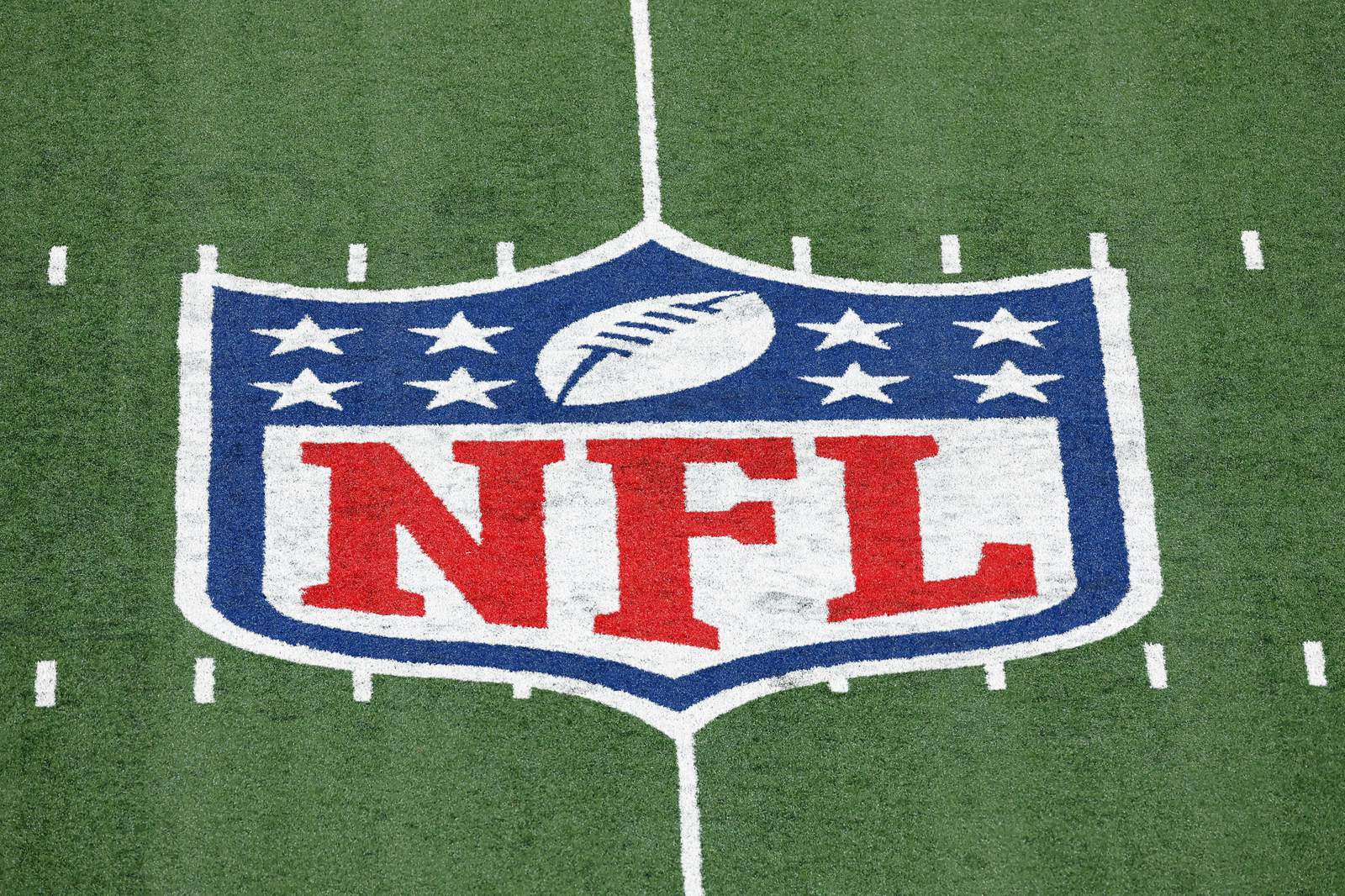
In the wake of a Covid-19 riddled 2020-2021 NFL season, a new TV deal with Amazon, and the league’s latest collective bargaining agreement (CBA), we all knew a 17-game season was a stark possibility. A possibility that quickly became a reality as the league announced the new 17-game season on Tuesday, creating a frenzy as the expansion marked the NFL’s first significant regular-season schedule change since the 16-game schedule was implemented in 1978. Now that the dust has settled, it has opened the floor not only for discussion concerning health and money but questions of the future of NFL records as well.
As the NFL is a business, players’ health and salary will always be at the forefront, but we cannot pretend that records are not an overwhelming presence looming over each and every season. For players and fans alike, records are the bread and butter of the game. So much so that games are notorious for pressing pause altogether when a player hits a certain mark.
If you don’t believe me, let’s just take a trip down memory lane to October 8, 2018, in New Orleans, Louisiana. It’s a Week 5 Monday night game at home against the Washington Redskins. Former New Orleans Saints quarterback Drew Brees has just become the league’s all-time passing leader. Brees’ 62-yard touchdown strike to then-rookie wide receiver Tre’Quan Smith would put him at 71,968 career passing yards, breaking Peyton Manning’s all-time passing record of 71,940 yards.

Not only did Brees’ teammates immediately rush to him in a huddle, but also what followed were three straight minutes of complete-game pause and celebration! Drews Brees would make his rounds across the field, receiving hugs and congratulations before his wife and four children would enter the turf engulfed by the media. Brees was even-handed a certificate of his achievement by an NFL official.
His teammates would all but clear the field, basically leaving a solo Drew Brees pointing to the thousands of cheering fans whose ovations echoing across the Mercedes Benz Stadium. The scene was electric as every screen in the stadium projected a photo of the QB beside the NFL logo next to the words ‘All-Time Passing Yardage Leader’. The QB was then joined by the Pro Football Hall of Fame President and CEO, David Baker, who, for the occasion, whipped out the white gloves with the game ball in tote. It felt like an entire coronation!
To say records don’t matter in the league would simply be pure denial. Single-season records like that of passing yards, rushing yards, receptions, receiving yards, and sacks are now no doubt in danger. With an additional 60 minutes (not even accounting for potential overtime drives) added to the season, record-changing plays are bound to occur.
In 2019, New Orleans Saints wide receiver Michael Thomas, emerged as the highest-paid wide-receiver in NFL history after setting a new reception record at 149, breaking former Indianapolis Colt Marvin Harrison’s record of 143. If you’re wondering how long it took for this record to be broken, the answer is 17 years. To put that into perspective, that’s almost two decades! The expanded season could easily make the standing time of records like that a whole lot shorter.
With the additional 17th game, what will be of the exclusive and elite 2,000-yard club? Of those seasons like that of O.J. “The Juice” Simpson’s remarkable 2,000-yard season in 1973. That season record of course, done in just 14 games!
No matter how you shake it, it’s hard to compare 14 games to 17 games when you have guys (or shall I say gladiators) like Tennessee Titans running back Derrick Henry currently putting on 200-yard single-game rushing performances like it’s child’s play.
It’s clear the league and Amazon are all here for the revenue, but they might need to step back into the boardroom as more issues might be on the horizon.
For more NFL coverage, click here.

Must See
-


Basketball
/ 3 years agoScouting Reports and Team Fits for 5 of the Top Prospects in the 2022 NBA Draft
Even with the NBA playoffs raging on into late May, eliminated teams have turned...
-


Athlete Profiles
/ 3 years agoSteven Kwan: Doubt Turned to Success
“The approach and frame show zero promise for game power. Despite having a hit...
By Matthew Suh -


Columns
/ 3 years agoBird’s MLB Season Predictions
Well, welcome back baseball! After a 99 day lockout, which pitted players versus owners...
By Ed Birdsall











